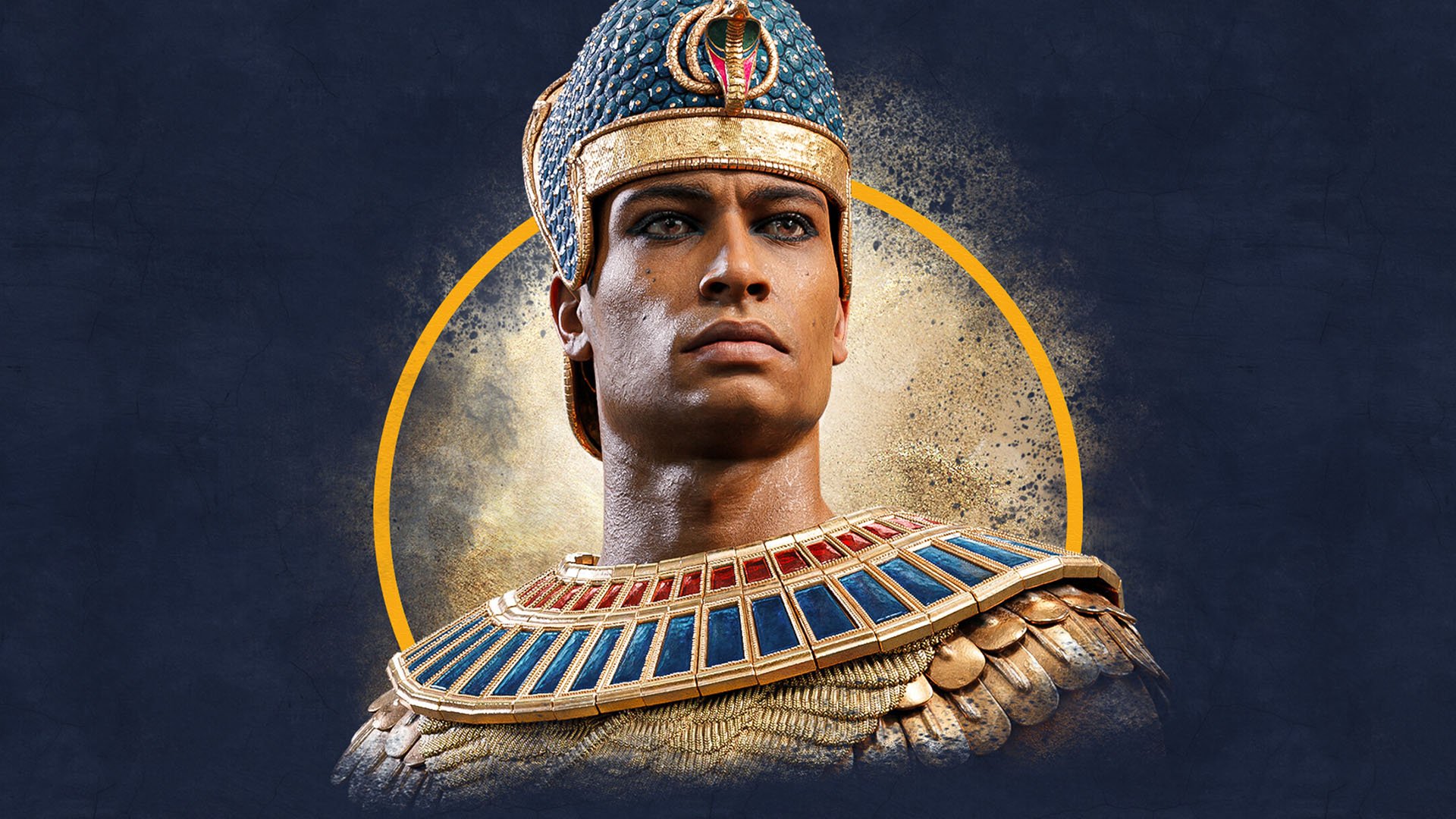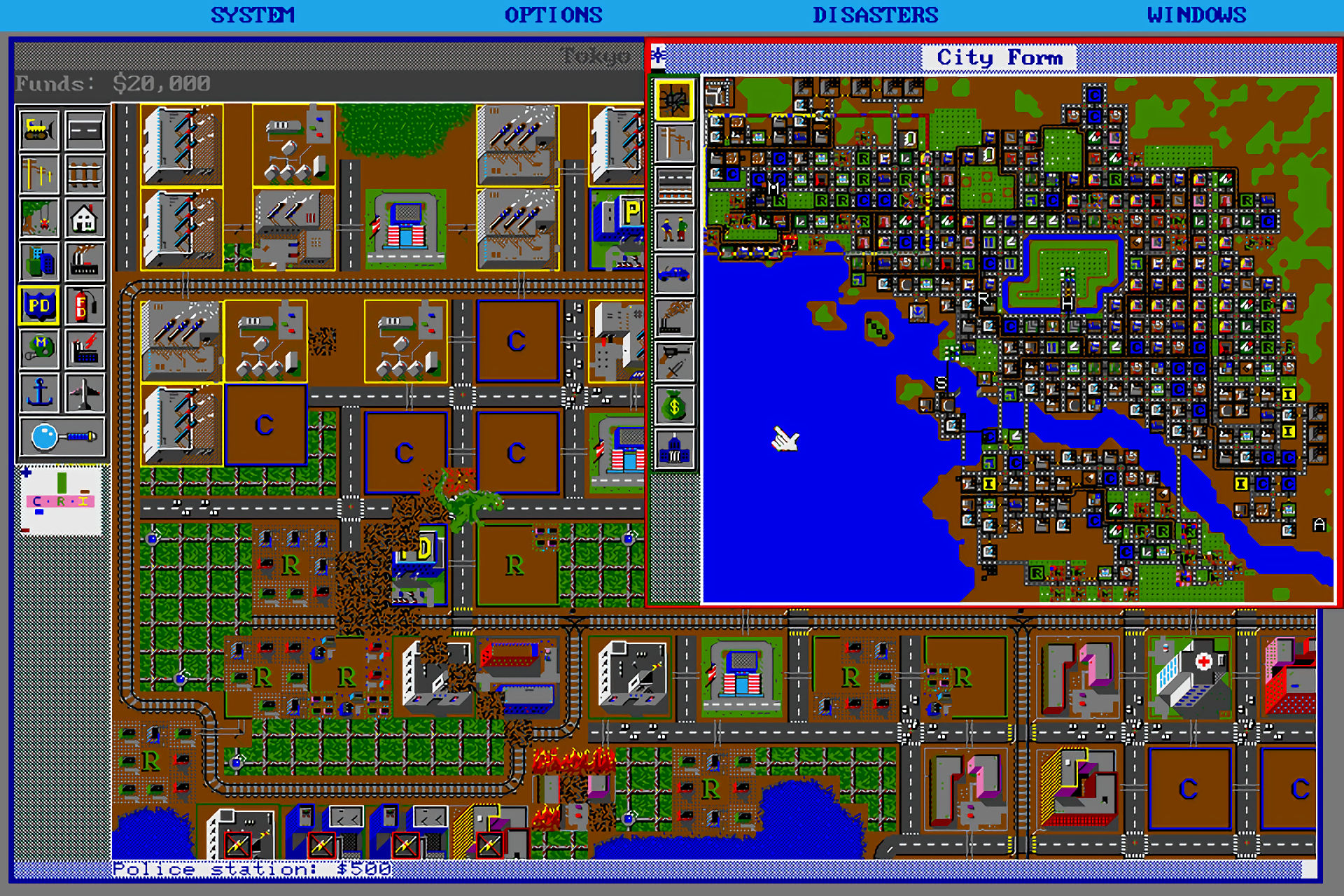Total War: Pharaoh is the latest addition to Sega’s renowned strategy series, delving into the ancient world of Egypt and the tumultuous Bronze Age collapse. As we dive into this historical epic, it’s crucial to recognise that Total War has faced a unique challenge lately. The grand success of Total War: Warhammer has made the traditional historical titles a tougher sell, as the fantastical elements of Warhammer naturally lend themselves to video game fun. But Creative Assembly, the developer behind the series, took a bold step back into historical realms with Total War: Three Kingdoms, offering a blend of historical realism and the dynamic fiction of the Romance of the Three Kingdoms. This time, they explore the intriguing world of Ancient Egypt.
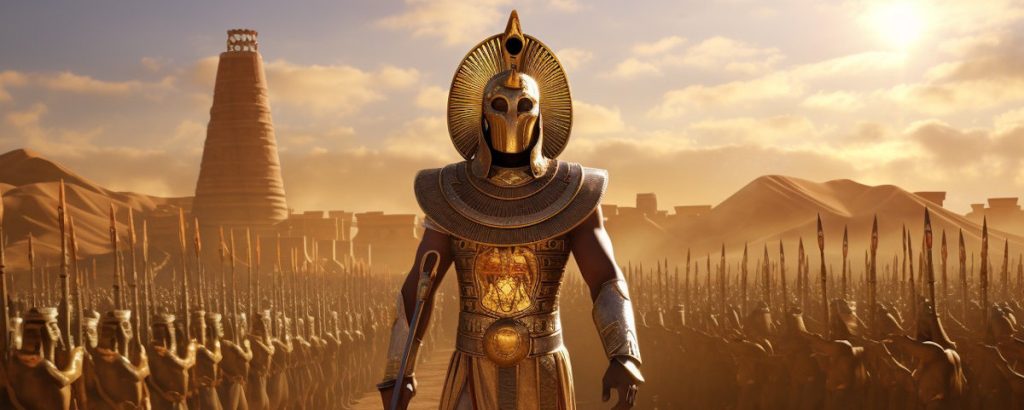
Despite not being a mainline entry in the Total War series, Total War: Pharaoh offers the same classic formula, featuring a turn-based strategy component for city management and diplomacy and real-time battles for commanding armies. The game starts in the 13th century BC, leading up to the Bronze Age collapse, allowing players to choose from Egyptian, Canaanite, or Hittite factions as they seek to establish dominance in North Africa and the Eastern Mediterranean.
One notable aspect that sets Total War: Pharaoh apart is the constant state of turmoil due to the inevitable collapse. Civil wars frequently erupt, creating opportunities for promotion and conflict. The game introduces a Legitimacy rating that increases through battle victories, construction of buildings, and diplomatic efforts. Becoming the Pharaoh can be achieved relatively easily, but maintaining that status is a different challenge altogether. It’s common to be usurped and have to fight your way back to the throne. With various positions to handle, a complex economy, and an ever-shifting political landscape, Total War: Pharaoh’s strategy level gameplay shines.
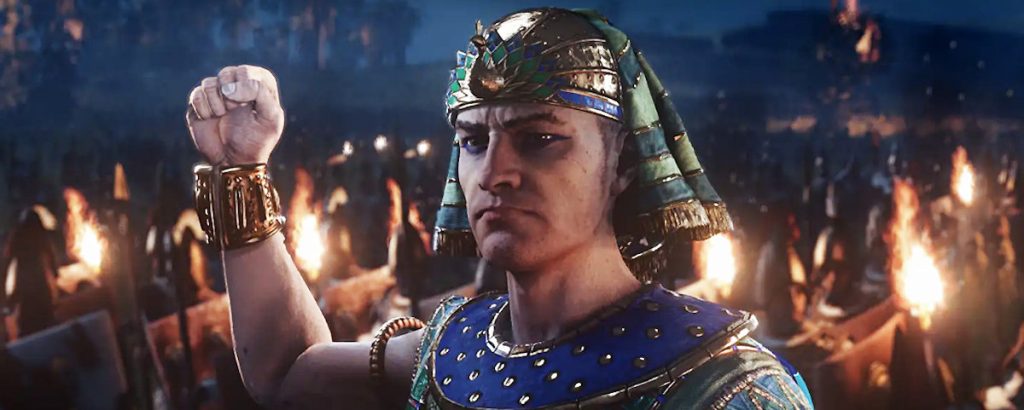
However, the battles remain a challenge due to the uniformity of units. One of the evident issues with Total War: Pharaoh is its limited unit variety. Given the historical setting, there’s little room for diversity in military units. The absence of cavalry is keenly felt, with only chariots to fill that role. While the game attempts to compensate for this limitation with clever strategy mechanics, the core fact remains that warfare in Ancient Egypt is not as engaging as other historical periods. This limitation reflects a broader issue in the Total War series: the difficulty in creating engaging pre-Modern warfare gameplay.
Total War: Pharaoh raises a question about the balance between historical realism and entertainment in video games. While the game is enjoyable, the Bronze Age setting might have been better served by a different gameplay style. The improvements to strategy-level gameplay are undermined by the historical constraints.
Take, for example, Total War: Troy; another entry from Creative Assembly set in a similar time period. Troy explored a historical setting but also incorporated legendary heroes, mythical creatures, and divine intervention. In comparison to Total War: Pharaoh, Total War: Troy offers a more fantastical and mythological experience. It explores a world filled with gods, heroes, and legendary creatures. This approach allowed for greater flexibility in gameplay and unit variety, making it distinct from other historical titles in the series. Given the vastness of Egyptian Mythology, perhaps a Troy- esque approach would have benefitted Pharaoh. But I digress.
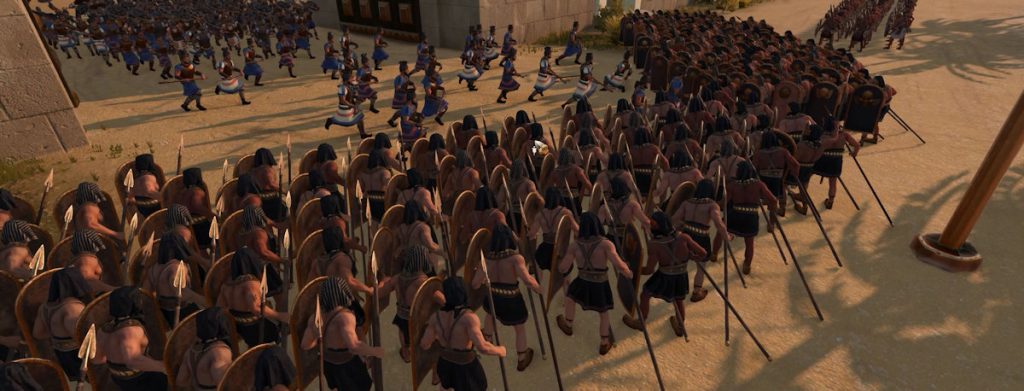
Total War: Pharaoh stays true to its historical sources. The game transports players to the brink of the Bronze Age Collapse, a period of sudden turmoil where Egyptian civilization was expanding and battling civil wars. The game meticulously transforms historical evidence into themed factions with distinct strengths and weaknesses.
Total War: Pharaoh introduces diverse paths to victory, a feature that sets it apart from its predecessors. Players must not only decide whether to contest the Pharaoh’s throne but also have the option to pursue alternative objectives. Legitimacy, gained through battle victories and conquests, plays a central role in determining success. This adds complexity and depth to the gameplay. The game’s Pillars of Civilization mechanic, which measures stability and is influenced by the development of culture centres, introduces another layer of strategic depth. The reliance on ten key cities as “pillars of civilization” creates intense pressure to maintain stability and defend against AI-controlled threats. While this system adds complexity, it can also lead to constant struggles to prevent civilization from collapsing.
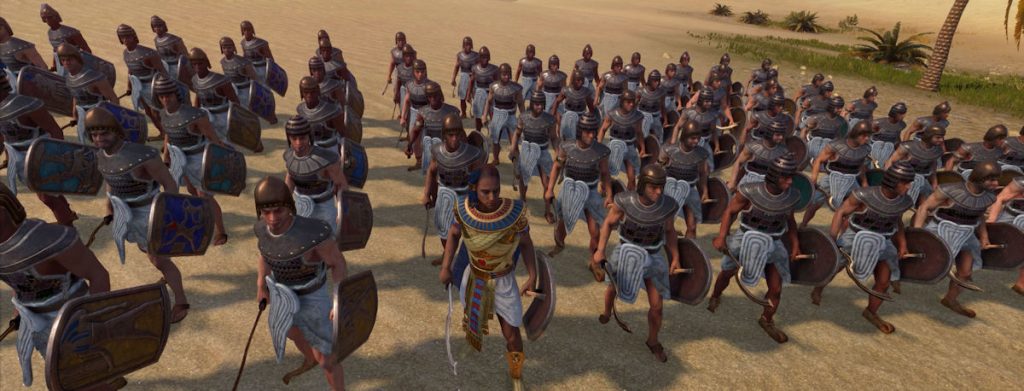

While Total War: Pharaoh may seem initially narrow due to its historical setting, it effectively offers a diverse range of tactical opportunities within the limited unit types. The game’s focus on regional-specific units and leaders with unique units enhances strategic depth. The dynamic weather and terrain in battles further elevate the tactical experience, creating a more realistic and challenging environment. The game’s rich gameplay, extensive city management, resource balancing, and diplomacy can be overwhelming, especially for newcomers to the Total War series. The numerous mechanics and terms require a learning curve, but once mastered, the level of control and customization is deeply rewarding.
Total War: Pharaoh is a compelling addition to the Total War series, offering a rich historical experience that rewards strategic depth and exploration. While it may not be the ideal entry point for newcomers, it provides a satisfying and engaging experience for fans of the series. The game almost-but-not-quite manages to successfully balance historical realism with entertainment, offering a unique journey to the heart of Ancient Egypt. With its historical accuracy and strategic depth, Pharaoh invites players to explore the complex world of ancient Egypt while grappling with the inherent limitations of the historical period.

